THIẾT BỊ MẠNG
Cisco Catalyst 9100 Access Points go beyond the Wi-Fi 6 standards by offering more than the standards-based features. These access points have higher capacity, improved latency, and better power efficiency, but they go much further. They’re resilient and intelligent and provide integrated security for mobile and IoT devices with rapid threat containment. And they’re ideal for work-from-home users who need the enterprise network extended to them.
The Cisco® Catalyst® 9105 Series Access Points are the most versatile next generation access point in enterprise grade. They are resilient, secure, and intelligent.
Extending Cisco’s intent-based network and perfect for networks of all sizes, the Catalyst 9105 Access Points scale to meet the growing demands of IoT while fully supporting the latest innovations and new technologies. The Catalyst 9105 come in different mounting options: the Catalyst 9105i which can be mounted to the ceiling using a specifically designed mounting bracket or can be placed on the desk. The Catalyst 9105w is specifically designed to be mounted to the wall and is ideal for hospitality, residence halls and other multi-dwelling units.
With the emergence of many Wi-Fi compliant and IOT devices, most are connected over Wi-Fi. Since most apps are network dependent, bandwidth intensive and latency sensitive, we are more dependent on the wireless network than ever before. An increasing numbers of devices connect to the network every year, ranging from high-performance client devices to low-bandwidth IoT devices, which puts your current network at risk for slower speeds. The Catalyst 9105 Access Points provide a seamless experience anywhere for everyone, with high scaling and unmatched performance in diverse network deployments. Going beyond the Wi-Fi 6 (802.11 ax) standard, the Catalyst 9105 Access Points provides integrated security, resiliency, and operational flexibility as well as increased network intelligence.
With the Catalyst 9105 Access Points, you can secure remote workers or the micro-office. The Catalyst 9105 access point is perfect for teleworker deployment because of its small form factor and low power consumption. This easy-to-install teleworker access point provides secure wired and wireless access for organizations with employees who work from home. The Catalyst 9105 teleworker access points are bundled with necessary accessories for easy home deployment.
The Cisco Catalyst 9105 Series Access Points, paired with the Cisco Digital Network Architecture (Cisco DNA), are enterprise-class products that will address both your current and future needs. They are the first step in updating your network to take better advantage of all of the features and benefits that Wi-Fi 6 provides.
Cisco User Defined Network, allows IT to give end users control of their very own wireless network partition on a shared network. End users can then remotely and securely deploy their devices on this network. Perfect for university dormitories or extended hospital stays, Cisco User Defined Network grants both device security and control, allowing each user to choose who can connect to their network.
Table 1. Features and benefits
|
Feature |
Benefits |
|
Wi-Fi 6 (802.11ax) |
The IEEE 802.11ax emerging standard, also known as High-Efficiency Wireless (HEW) or Wi-Fi 6, builds on 802.11ac. It delivers a better experience in typical environments with more predictable performance for advanced applications such as 4K or 8K video, high-density, high-definition collaboration apps, all-wireless offices, and IoT. Wi-Fi 6 is designed to use both the 2.4-GHz and 5-GHz bands, unlike the 802.11ac standard. |
|
Uplink/downlink OFDMA |
OFDMA-based scheduling splits the bandwidth into smaller frequency allocations called Resource Units (RUs), which can be assigned to individual clients in both the downlink and uplink directions to reduce overhead and latency. |
|
Downlink MU‑MIMO technology |
Supporting two spatial streams, MU-MIMO enables access points to split spatial streams between client devices to maximize throughput. |
|
BSS coloring |
Spatial reuse (also known as Basic Service Set [BSS] coloring) allows the access points and their clients to differentiate between BSSs, thus permitting more simultaneous transmissions. |
|
Target Wake Time |
A new power-saving mode called Target Wake Time (TWT) allows the client to stay asleep and to wake up only at prescheduled (target) times to exchange data with the access point. This offers significant energy savings for battery-operated devices, up to 3x to 4x the savings achieved by 802.11n and 802.11ac. |
|
Intelligent Capture |
Intelligent Capture probes the network and provides Cisco DNA Center with deep analysis. The software can track more than 240 anomalies and instantaneously review all packets on demand, emulating the onsite network administrator. Intelligent Capture allows for more informed decisions on your wireless networks. |
|
Application Hosting on Catalyst 9100 Access |
Application Hosting on Catalyst 9100 Access Points helps future-proof and simplify IoT deployments by eliminating the need to install and manage overlay networks. Utilizing the USB interface, containerized applications and hardware modules can be deployed to reduce cost and complexity. Adding Cisco DNA Center provides workflows and deployment-wide application lifecycle management. |
|
Bluetooth 5 |
Integrated Bluetooth Low Energy (BLE) 5 radio enables location-based use cases such as asset tracking, way finding or analytics. |
|
Container support for applications |
Container support enables edge computing capabilities for IoT applications on the host access point. |
|
Apple features |
Apple and Cisco have partnered to create an optimal mobile experience for iOS devices on corporate networks based on Cisco technologies. Using new features in Apple iOS, in combination with the latest software and hardware from Cisco, businesses can now more effectively use their network infrastructure to deliver an enhanced user experience across all business applications. At the center of the collaboration is a unique handshake between the Cisco WLAN and Apple devices. This handshake enables the Cisco WLAN to provide an optimal Wi-Fi roaming experience to Apple devices. Additionally, the Cisco WLAN trusts Apple devices and gives priority treatment for business-critical applications specified by the Apple device. This feature is also known as Fast Lane. |
For more details about Wi-Fi 6, see Cisco’s technical white paper on Wi-Fi 6.
For more details about C9105 feature support, see Cisco’s Feature Matrix on Wi-Fi 6.
Trustworthy systems built with Cisco Trust Anchor Technologies provide a highly secure foundation for Cisco products. With the Cisco Catalyst 9100 Access Points, these technologies enable assurance of hardware and software authenticity for supply chain trust and strong defense against man-in-the-middle attacks that compromise software and firmware. Trust Anchor capabilities include:
● Image signing
● Secure Boot
● Cisco Trust Anchor module
Pairing the Cisco Catalyst 9105 Series Access Points with Cisco DNA allows for a total network transformation. Cisco DNA allows you to truly understand your network with real-time analytics, quickly detect and contain security threats, and easily provide networkwide consistency through automation and virtualization. The Cisco Catalyst 9105 Series Access Points support SD-Access, Cisco’s leading enterprise architecture.
Working together, the Cisco Catalyst 9105 Series and Cisco DNA offer such features as:
● Cisco DNA Spaces
● Cisco Identity Services Engine
● Cisco DNA Analytics and Assurance
The result? Your network stays relevant, becomes digital ready, and is the lifeblood of your organization.
Note: For information about Cisco DNA, refer to Cisco DNA.
|
Item |
Specification |
|||||||||
|
Part numbers |
Cisco Catalyst 9105AX Access Point: Indoor environments, with internal antennas ● C9105AXI-x: Cisco Catalyst 9105 Series
Cisco Catalyst 9105AX Access Point: Wall Plate, with internal antennas ● C9105AXW-x: Cisco Catalyst 9105 Series
Cisco Catalyst 9105AX Teleworker Access Point: Indoor environments, with internal antennas ● C9105AXIT-x: Cisco Catalyst 9105 Series
Regulatory domains: (x = regulatory domain) Customers are responsible for verifying approval for use in their individual countries. To verify approval and to identify the regulatory domain that corresponds to a particular country, visit https://www.cisco.com/go/aironet/compliance. Not all regulatory domains have been approved. As they are approved, the part numbers will be available on the Global Price List and/or regional price lists. Cisco Wireless LAN Services ● AS-WLAN-CNSLT: Cisco Wireless LAN Network Planning and Design Service
● AS-WLAN-CNSLT: Cisco Wireless LAN 802.11n Migration Service
● AS-WLAN-CNSLT: Cisco Wireless LAN Performance and Security Assessment Service
|
|||||||||
|
Software |
Catalyst 9105 AXI ● Cisco Unified Wireless Network Software Release 8.10.MR3 or later
● Cisco IOS ® XE Software Release 17.3.1, or later
Catalyst 9105AXW ● Cisco Unified Wireless Network Software Release 8.10MR3 or later
● Cisco IOS ® XE Software Release 17.3.1 or later
|
|||||||||
|
Supported wireless LAN controllers |
● Cisco Catalyst 9800 Series Wireless Controllers
● Cisco 3504, 5520, and 8540 Wireless Controllers and Cisco Virtual Wireless Controller
|
|||||||||
|
802.11n version 2.0 (and related) capabilities |
● 2×2 MIMO with two spatial streams
● Maximal Ratio Combining (MRC)
● 802.11n and 802.11a/g
● 20- and 40-MHz channels
● PHY data rates up to 444.4 Mbps (40 MHz with 5 GHz and 20 MHz with 2.4 GHz)
● Packet aggregation: Aggregate MAC Protocol Data Unit (A-MPDU) (transmit and receive), Aggregate MAC Service Data Unit (A-MSDU) (transmit and receive)
● 802.11 Dynamic Frequency Selection (DFS)
● Cyclic Shift Diversity (CSD) support
|
|||||||||
|
802.11ac |
● 2×2 downlink MU-MIMO with two spatial streams
● MRC
● 802.11ac beamforming
● 20-, 40-, 80- MHz channels
● PHY data rates up to 866.7 Mbps (80 MHz with 5GHz)
● Packet aggregation: A-MPDU (transmit and receive), A-MSDU (transmit and receive)
● 802.11 DFS
● CSD support
● WPA3 support
|
|||||||||
|
802.11ax |
● 2×2 uplink/downlink MU-MIMO with two spatial streams
● Uplink/downlink OFDMA
● TWT
● BSS coloring
● MRC
● 802.11ax beamforming
● 20-, 40-, 80- channels
● PHY data rates up to 1.488 Gbps (80 MHz with 5 GHz and 20 MHz with 2.4 GHz)
● Packet aggregation: A-MPDU (transmit and receive), A-MSDU (transmit and receive)
● 802.11 DFS
● CSD support
● WPA3 support
|
|||||||||
|
Integrated antenna |
Catalyst 9105AXW ● 2.4 GHz: Peak gain 3 dBi, internal antenna
● 5 GHz: Peak gain 5 dBi, internal antenna
Catalyst 9105AXI ● 2.4 GHz: Peak gain 4 dBi, internal antenna, omnidirectional in azimuth
● 5 GHz: Peak gain 5 dBi, internal antenna, omnidirectional in azimuth
|
|||||||||
|
Interfaces |
Catalyst 9105AXW ● 1x 100/1000/2500 Base-T (Ethernet) Uplink Interface
● 3x 10/100/1000 Base-T (Ethernet) Downlink Interface (LAN1,LAN2 and LAN3, LAN1 supports 10.5W PSE Power Budget)
● Management console port (RJ-45)
● USB 2.0 at 4.5W
● Passthru Port
Catalyst 9105AXI ● 1x 10/100/1000 Base-T (Ethernet) Uplink Interface
● Management console port (RJ-45)
|
|||||||||
|
Indicators |
● Status LED indicates boot loader status, association status, operating status, boot loader warnings, and boot loader errors
|
|||||||||
|
Dimensions |
● Access point (without mounting brackets):
◦ C9105AXW: 3.54 x 6.3 x 1.3 in. (90 x 160 x 32.66 mm) ◦ C9105AXI: 5.9 x 5.9 x 1.18 in. (150 x 150 x 30 mm) |
|||||||||
|
Weight |
Cisco Catalyst 9105AXW ● 0.8 lb. (373.2g)
Cisco Catalyst 9105AXI ● 0.7 lb. (329.5g)
|
|||||||||
|
Input power requirements |
● 802.3at Power over Ethernet Plus (PoE+), Cisco Universal PoE (Cisco UPOE ®)
● Cisco power injector, AIR-PWRINJ6=
● 802.3af PoE
● Cisco power injector, AIR-PWRINJ5= (Note: This injector supports only 802.3af)
|
|||||||||
|
Catalyst 9105AXI |
||||||||||
|
PoE power |
2.4-GHz radio |
5-GHz radio |
Link speed |
|||||||
|
802.3af (PoE) |
2×2 |
2×2 |
1G |
|||||||
|
Catalyst 9105AXW |
||||||||||
|
PoE power |
2.4-GHz radio |
5-GHz radio |
Link speed |
USB |
LAN1 PSE |
|||||
|
802.3af (PoE) |
2×2 |
2×2 |
2.5G mGig |
Disabled |
Disabled |
|||||
|
802.3at (PoE+) |
2×2 |
2×2 |
2.5G mGig |
Either USB or LAN1 PSE enabled. |
||||||
|
Environmental |
Cisco Catalyst 9105AXW ● Nonoperating (storage) temperature: -22° to 158°F (-30° to 70°C)
● Nonoperating (storage) altitude test: 25˚C, 15,000 ft (4600 m)
● Operating temperature: 32° to 122°F (0° to 50°C)
● Operating humidity: 10% to 90% (noncondensing)
● Operating altitude test: 40˚C, 9843 ft (3000 m)
Note: When the ambient operating temperature exceeds 40°C, the access point will shift from 2×2 to 1×1 on the 2.4 GHz radio and the USB interface and LAN1 PSE will be disabled. Cisco Catalyst 9105AXI ● Nonoperating (storage) temperature: -22° to 158°F (-30° to 70°C)
● Nonoperating (storage) altitude test: 25˚C, 15,000 ft (4600 m)
● Operating temperature: 32° to 122°F (0° to 50°C)
● Operating humidity: 10% to 90% (noncondensing)
● Operating altitude test: 40˚C, 9843 ft.(3000 m)
Note: When the ambient operating temperature exceeds 40°C, the access point will shift from 2×2 to 1×1 on the 2.4 GHz radio. |
|||||||||
|
Available transmit power settings (Max/Min) |
● 2.4 GHz
◦ 20 dBm (100 mW) ◦ -7 dBm (0.2 mW) |
● 5 GHz
◦ 20 dBm (100 mW) ◦ -7 dBm (0.2 mW) |
||||||||
|
Regulatory domains |
Note: Customers are responsible for verifying approval for use in their individual countries. To verify approval and to identify the regulatory domain that corresponds to a particular country, visit https://www.cisco.com/go/aironet/compliance. For information about regulatory domain support, refer to the Cisco Regulatory Domain White Paper. |
|||||||||
|
Compliance |
● Safety:
◦ IEC 60950-1 ◦ EN 60950-1 ◦ UL 60950-1 ◦ IEC 62368-1 ◦ EN 62368-1 ◦ UL/CUL 62368 – 1 ◦ CAN/CSA-C22.2 No. 60950-1 ◦ AS/NZS60950.1 ◦ UL 2043 – Only for C9105AXI ◦ Class III equipment ● Emissions:
◦ CISPR 32 (rev. 2015) ◦ EN 55032 (rev. 2012/AC:2013) ◦ EN 55032 (rev. 2015) ◦ EN61000-3-2 (rev. 2014) ◦ EN61000-3-3 (rev. 2013) ◦ KN61000-3-2 ◦ KN61000-3-3 ◦ AS/NZS CISPR 32 Class B (rev. 2015) ◦ 47 CFR FCC Part 15B ◦ ICES-003 (rev. 2016 Issue 6, Class B) ◦ VCCI-CISPR 32 ◦ CNS (rev. 13438) ◦ KN-32 ◦ QCVN 118:2018/BTTTT ● Immunity:
◦ CISPR 24 (rev. 2010) ◦ EN 55024 + AMD 1 (rev. 2010) ◦ EN 55035: 2017 ◦ KN35 ● Emissions and immunity:
◦ EN 301 489-1 (v2.1.1 2017-02) ◦ EN 301 489-17 (v3.1.1 2017-02) ◦ QCVN (18:2014) ◦ QCVN 112:2017/BTTTT ◦ KN 489-1 ◦ KN 489-17 ◦ EN 60601-1-2:2015 ◦ EN 61000-6-1: 2007 |
● Radio:
◦ EN 300 328 (v2.1.1) ◦ EN 301 893 (v2.1.1) ◦ AS/NZS 4268 (rev. 2017) ◦ 47 CFR FCC Part 15C, 15.247, 15.407 ◦ RSP-100 ◦ RSS-GEN ◦ RSS-247 ◦ China regulations SRRC ◦ LP0002 (rev 2018.1.10) ◦ Japan Std. 33a, Std. 66, and Std. 71 ● RF safety:
◦ EN 50385 (rev. Aug 2002) ◦ ARPANSA ◦ AS/NZS 2772 (rev. 2016) ◦ EN 62209-1 (rev. 2016) ◦ EN 62209-2 (rev. 2010) ◦ 47 CFR Part 1.1310 and 2.1091 ◦ RSS-102 ● IEEE standards:
◦ IEEE 802.3 ◦ IEEE 802.3ab ◦ IEEE 802.3af/at ◦ IEEE 802.11a/b/g/n/ac/ax ◦ IEEE 802.11h, 802.11d ● Security:
◦ 802.11i, Wi-Fi Protected Access 2 (WPA2), WPA3 ◦ 802.1X ◦ Advanced Encryption Standard (AES) ● Extensible Authentication Protocol (EAP) types:
◦ EAP-Transport Layer Security (TLS) ◦ EAP-Tunneled TLS (TTLS) or Microsoft Challenge Handshake Authentication Protocol (MSCHAP) v2 ◦ Protected EAP (PEAP) v0 or EAP-MSCHAP v2 ◦ EAP-Flexible Authentication via Secure Tunneling (EAP-FAST) ◦ PEAP v1 or EAP-Generic Token Card (GTC) ◦ EAP-Subscriber Identity Module (SIM) |
||||||||
|
Datarate/Transmit Power/ Receive sensitivity |
● For information about Datarate, Transmit power and Receive Sensitivity, refer to Cisco RF details
|
|||||||||
|
Transmit power and receive sensitivity |
||||||||||
|
|
|
|
5 GHz Radio |
2.4 GHz Radio |
||||||
|
|
Spatial streams |
Number of active antennas |
Total TX power (dBm) |
RX sensitivity (dBm) |
Total TX power (dBm) |
RX sensitivity (dBm) |
||||
|
802.11/11b |
||||||||||
|
1 Mbps |
1 |
2 |
– |
– |
20 |
-99 |
||||
|
11 Mbps |
1 |
2 |
– |
– |
20 |
-91 |
||||
|
802.11a/g |
||||||||||
|
6 Mbps |
1 |
2 |
20 |
-97 |
20 |
-93 |
||||
|
24 Mbps |
1 |
2 |
20 |
-89 |
20 |
-86 |
||||
|
54 Mbps |
1 |
2 |
20 |
-80 |
20 |
-78 |
||||
|
802.11n HT20 |
||||||||||
|
MCS0 |
1 |
2 |
20 |
-96 |
20 |
-93 |
||||
|
MCS15 |
2 |
2 |
20 |
-75 |
20 |
-73 |
||||
|
802.11n HT40 |
||||||||||
|
MCS0 |
1 |
2 |
20 |
-93 |
– |
– |
||||
|
MCS15 |
2 |
2 |
20 |
-72 |
– |
– |
||||
|
802.11ac VHT20 |
||||||||||
|
MCS0 |
1 |
2 |
20 |
-96 |
– |
– |
||||
|
MCS8 |
1 |
2 |
20 |
-74 |
– |
– |
||||
|
MCS0 |
2 |
2 |
20 |
-94 |
– |
– |
||||
|
MCS8 |
2 |
2 |
20 |
-71 |
– |
– |
||||
|
MCS9 |
2 |
2 |
– |
– |
– |
– |
||||
|
802.11ac VHT40 |
||||||||||
|
MCS0 |
1 |
2 |
20 |
-93 |
– |
– |
||||
|
MCS9 |
1 |
2 |
20 |
-69 |
– |
– |
||||
|
MCS0 |
2 |
2 |
20 |
-91 |
– |
– |
||||
|
MCS9 |
2 |
2 |
20 |
-66 |
– |
– |
||||
|
802.11ac VHT80 |
||||||||||
|
MCS0 |
1 |
2 |
20 |
-90 |
– |
– |
||||
|
MCS9 |
1 |
2 |
20 |
-66 |
– |
– |
||||
|
MCS0 |
2 |
2 |
20 |
-88 |
– |
– |
||||
|
MCS9 |
2 |
2 |
20 |
-63 |
– |
– |
||||
|
802.11ax HE20 |
||||||||||
|
MCS0 |
1 |
2 |
20 |
-96 |
20 |
-93 |
||||
|
MCS11 |
1 |
2 |
19 |
-66 |
19 |
-64 |
||||
|
MCS0 |
2 |
2 |
20 |
-95 |
20 |
-91 |
||||
|
MCS11 |
2 |
2 |
19 |
-65 |
19 |
-63 |
||||
|
802.11ax HE40 |
||||||||||
|
MCS0 |
1 |
2 |
20 |
-93 |
– |
– |
||||
|
MCS11 |
1 |
2 |
19 |
-63 |
– |
– |
||||
|
MCS0 |
2 |
2 |
20 |
-92 |
– |
– |
||||
|
MCS11 |
2 |
2 |
19 |
-62 |
– |
– |
||||
|
802.11ax HE80 |
||||||||||
|
MCS0 |
1 |
2 |
20 |
-90 |
– |
– |
||||
|
MCS11 |
1 |
2 |
19 |
-60 |
– |
– |
||||
|
MCS0 |
2 |
2 |
20 |
-89 |
– |
– |
||||
|
MCS11 |
2 |
2 |
19 |
-59 |
– |
– |
||||
Antenna profiles
Note: For information about feature support, refer to the Cisco Catalyst 9100 Release Notes.
For information about Licensing, refer to Cisco Wireless Licensing.
The Cisco Catalyst 9105 Series Access Points come with a limited lifetime warranty that provides full warranty coverage of the hardware for as long as the original end user continues to own or use the product. The warranty includes 10-day advance hardware replacement and ensures that software media are defect-free for 90 days. For more details, visit https://www.cisco.com/go/warranty.
Cisco environmental sustainability
Information about Cisco’s environmental sustainability policies and initiatives for our products, solutions, operations, and extended operations or supply chain is provided in the “Environment Sustainability” section of Cisco’s Corporate Social Responsibility (CSR) Report. Reference links to information are below.
Information on product material content laws and regulations – Materials.
Information on electronic waste laws and regulations, including products, batteries, and packaging – WEEE compliance.
Cisco does not represent, warrant, or guarantee that it is complete, accurate, or up to date. This information is subject to change without notice.
With Cisco Services, you can achieve infrastructure excellence faster with less risk. From an initial WLAN readiness assessment to implementation, full solution support, and in-depth training, our services for the Cisco Catalyst 9105 Series provide expert guidance to help you successfully plan, deploy, manage, and support your new access points. With unmatched networking expertise, best practices, and innovative tools, Cisco Services can help you reduce overall upgrade, refresh, and migration costs as you introduce new hardware, software, and protocols into the network. With a comprehensive lifecycle of services, Cisco experts will help you minimize disruption and improve operational efficiency to extract maximum value from your Cisco DNA-ready infrastructure.
Flexible payment solutions to help you achieve your objectives
Cisco Capital makes it easier to get the right technology to achieve your objectives, enable business transformation and help you stay competitive. We can help you reduce the total cost of ownership, conserve capital, and accelerate growth. In more than 100 countries, our flexible payment solutions can help you acquire hardware, software, services and complementary third-party equipment in easy, predictable payments. Learn more.
Creating Smart Accounts by using the Cisco Smart Software Manager (SSM) enables you to order devices and licensing packages and also manage your software licenses from a centralized website. For more information on Smart Accounts, refer to https://www.cisco.com/go/smartaccounts.

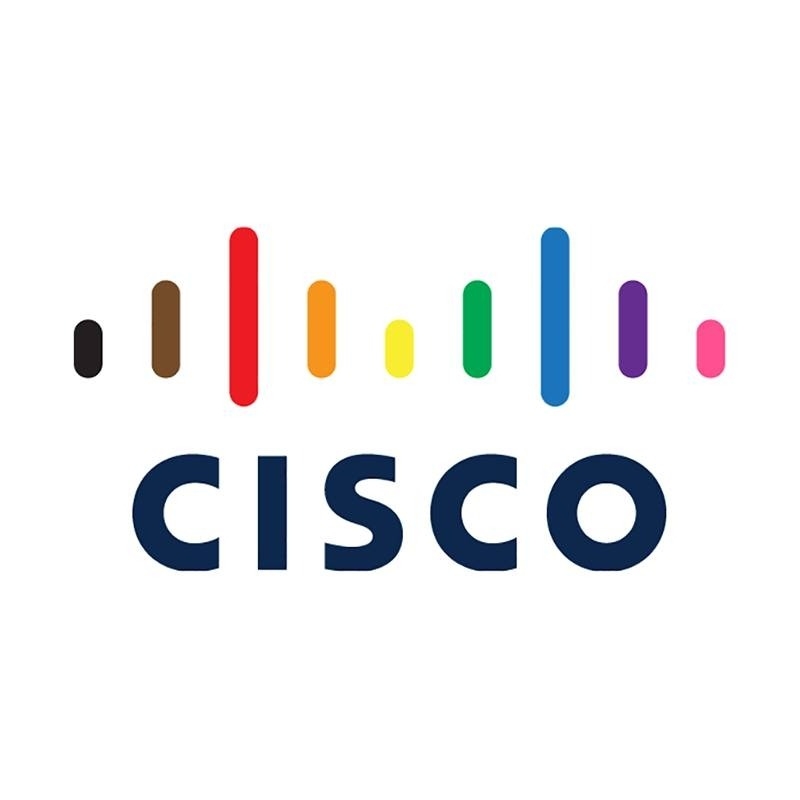

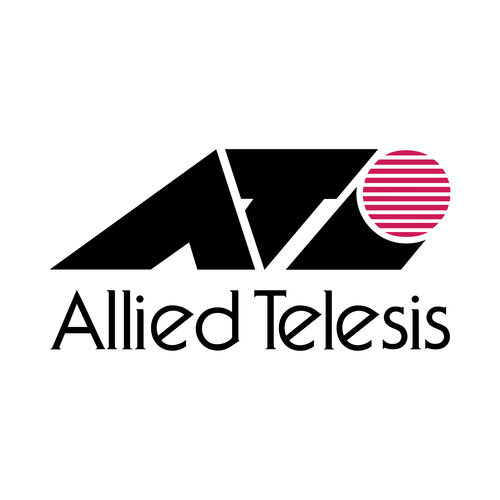
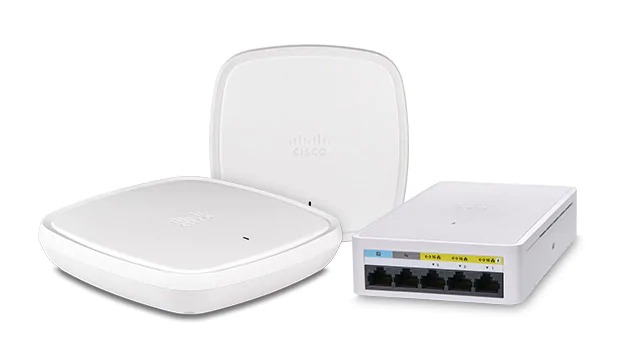
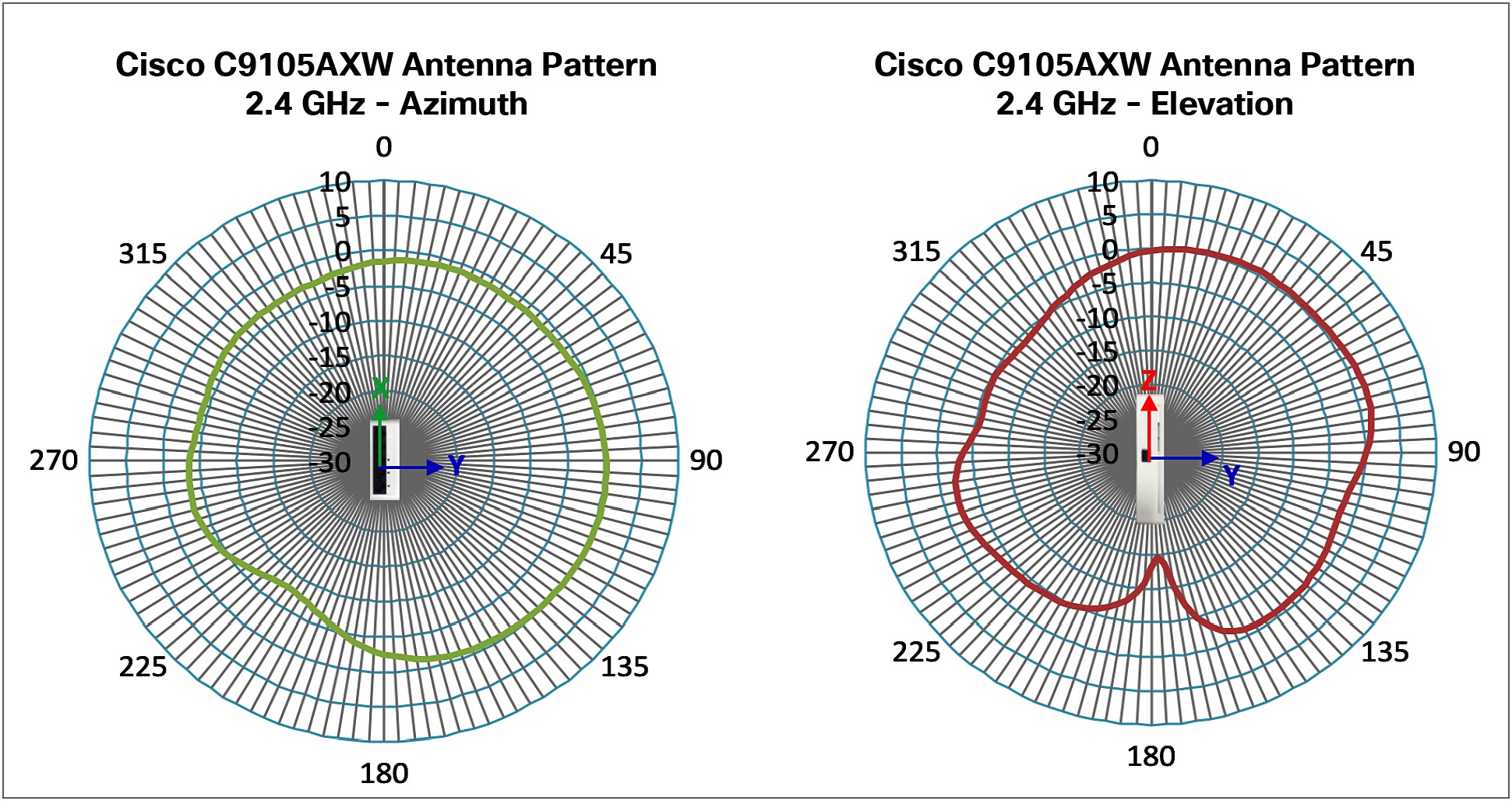
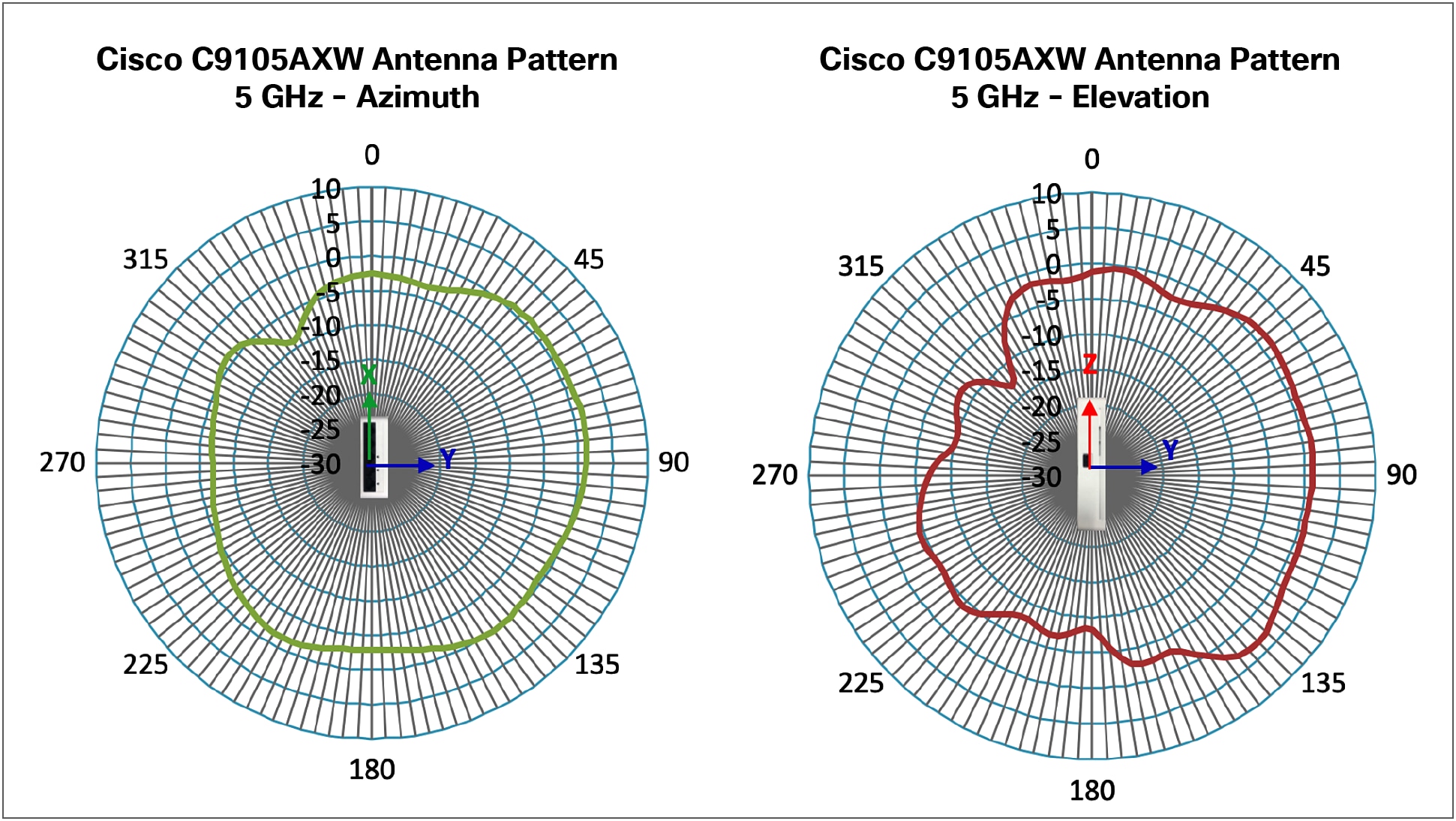
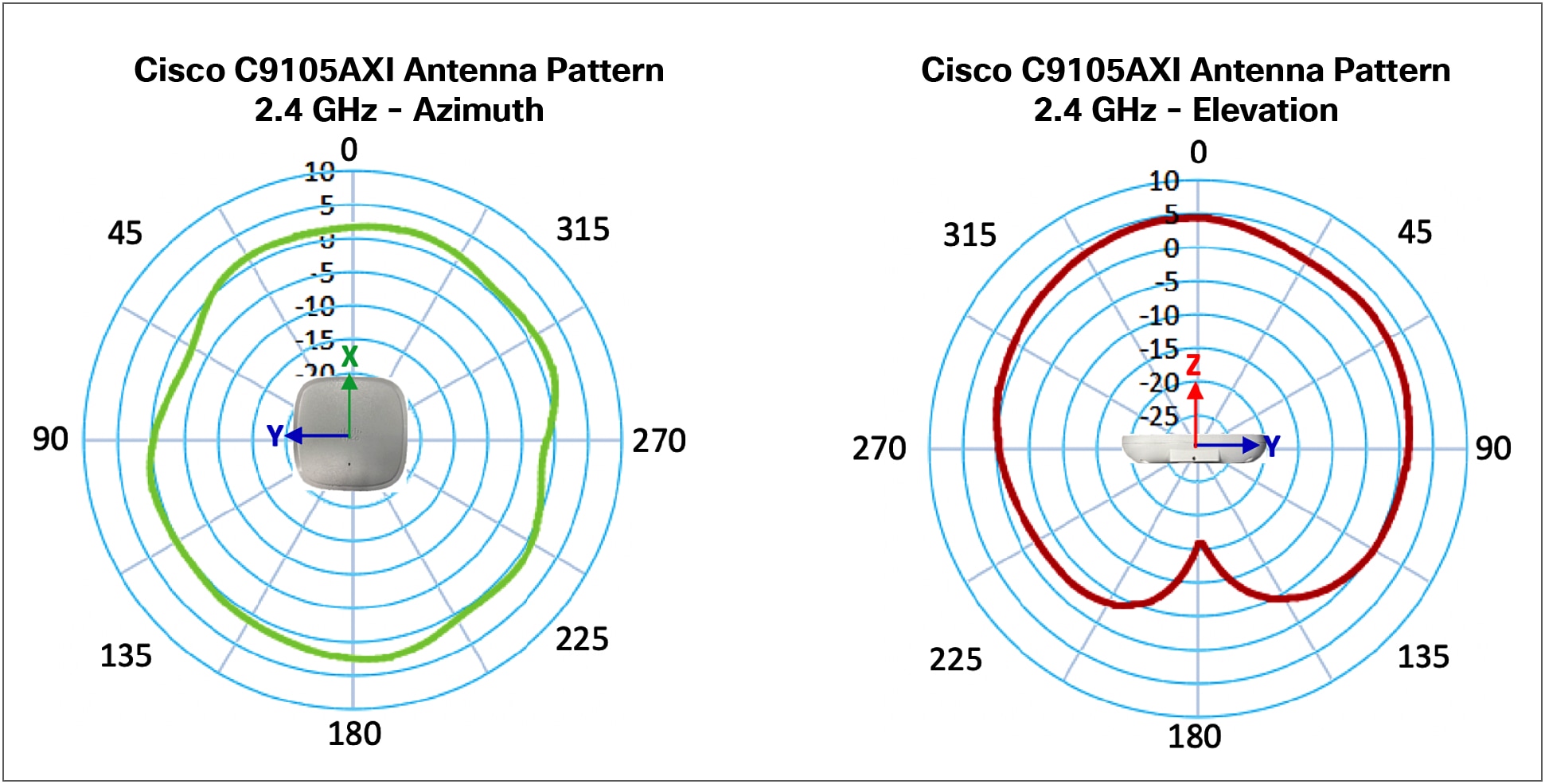
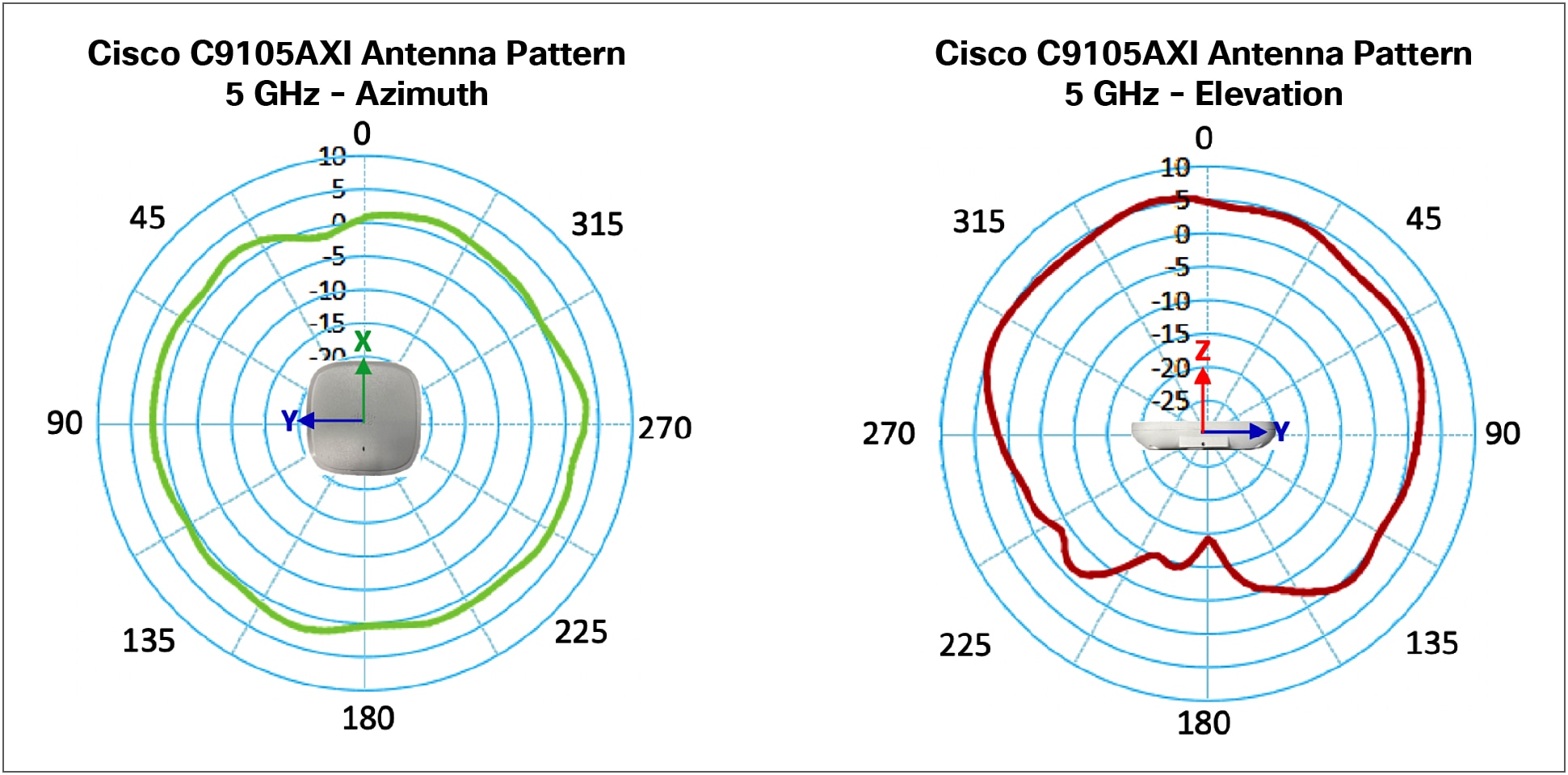
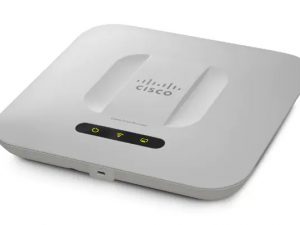
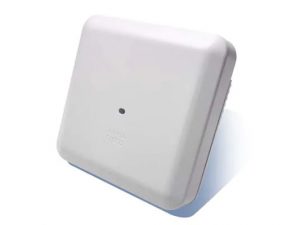
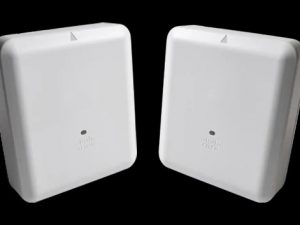
Đánh giá
Chưa có đánh giá nào.